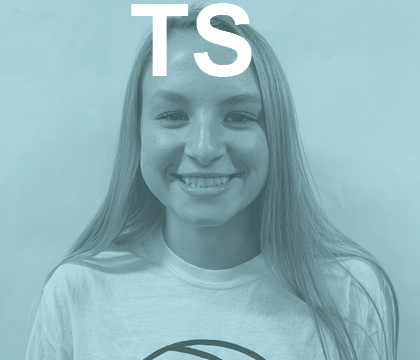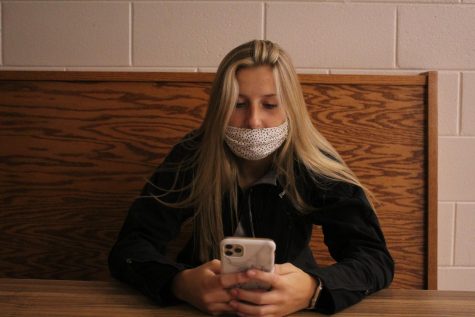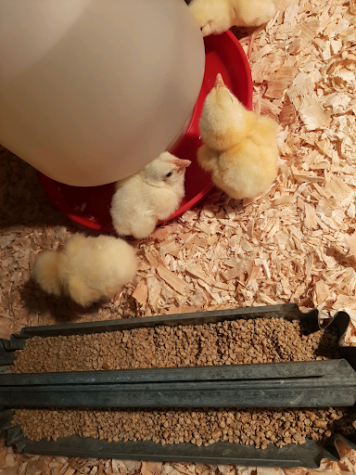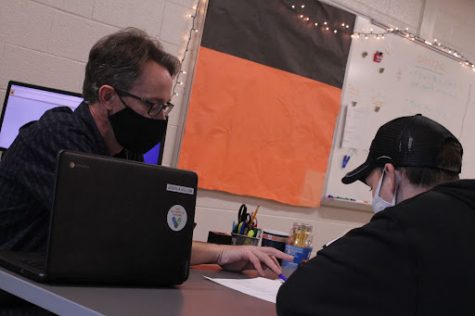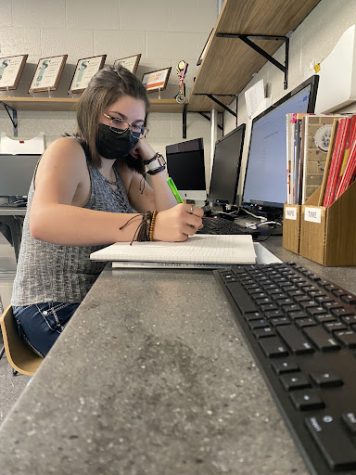Look up from your phone. See the problem.
The phone buzzes, your heart races and anxiety starts to consume you. As the minutes pass by, you obsess over the numbers rising on your new post. Social media used to be a place for people to connect, but it is rapidly turning into a toxic obsession.
Technology has taken over our lives, increasing anxiety in young adults at a rapid rate.
According to the National Institutes of Health, nearly 1 in 3 of all adolescents ages 13 to 18 will experience an anxiety disorder.
“These numbers have been rising steadily; between 2007 and 2012, anxiety disorders in children and teens went up 20 percent,” according to the American Academy of Pediatrics.
This is no coincidence; no filter can mask the statistics. We are creating a bad habit of isolation from social interaction. The internet was made to help us connect, but it seems to be doing the opposite. The less we interact face-to-face with each other, the more social anxiety we create.
“If it isn’t checked right away, then anxiety levels in the student increase greatly,” Jason Rickli, AP Computer Science and Math teacher said. Students “must open and reply to either make the other person believe they aren’t being ignored or to keep a streak going. This addiction can be visible in some students when a phone gets taken away for being used in class. The students will start looking around and shaking their legs.”
The constant pressure of social media negatively affects the mental health of users.
“I think a lot of people feel the need to be what’s popular at the time, and if they aren’t, they feel bad about themselves,” senior Kaylie Shepard said. “You’re always worried about what other people are doing, or what they’re going to think of what you’re posting.”
With everyone’s lives at our fingertips, platforms like Instagram have become an unhealthy place for comparison.
“I think people try to make their lives look great on social media platforms,” Shepard said.
No one is going to post their worst selfie or the most raw angles of themselves. Everything is either edited or Photoshopped to seem perfect.
Instagram is making changes to stop this dangerous cycle. According to Instagram head Adam Mosseri the app is testing hiding likes from followers, so they are private to users.
Mosseri told CBS News that he wants Instagram to be a place where users can connect with people and the things that they love and not be such a competition.
With efforts already being made to help anxiety in teenagers caused by social media, it is important to keep this conversation going to help future generations.
Technology will only continue developing, so we need to combat this toxic pattern.
“I’ve felt pressure because I think social media portrays that you should look a certain way, and if you don’t fit that exact image, you’re in the wrong and weird,” senior Ori Hackworth said.



